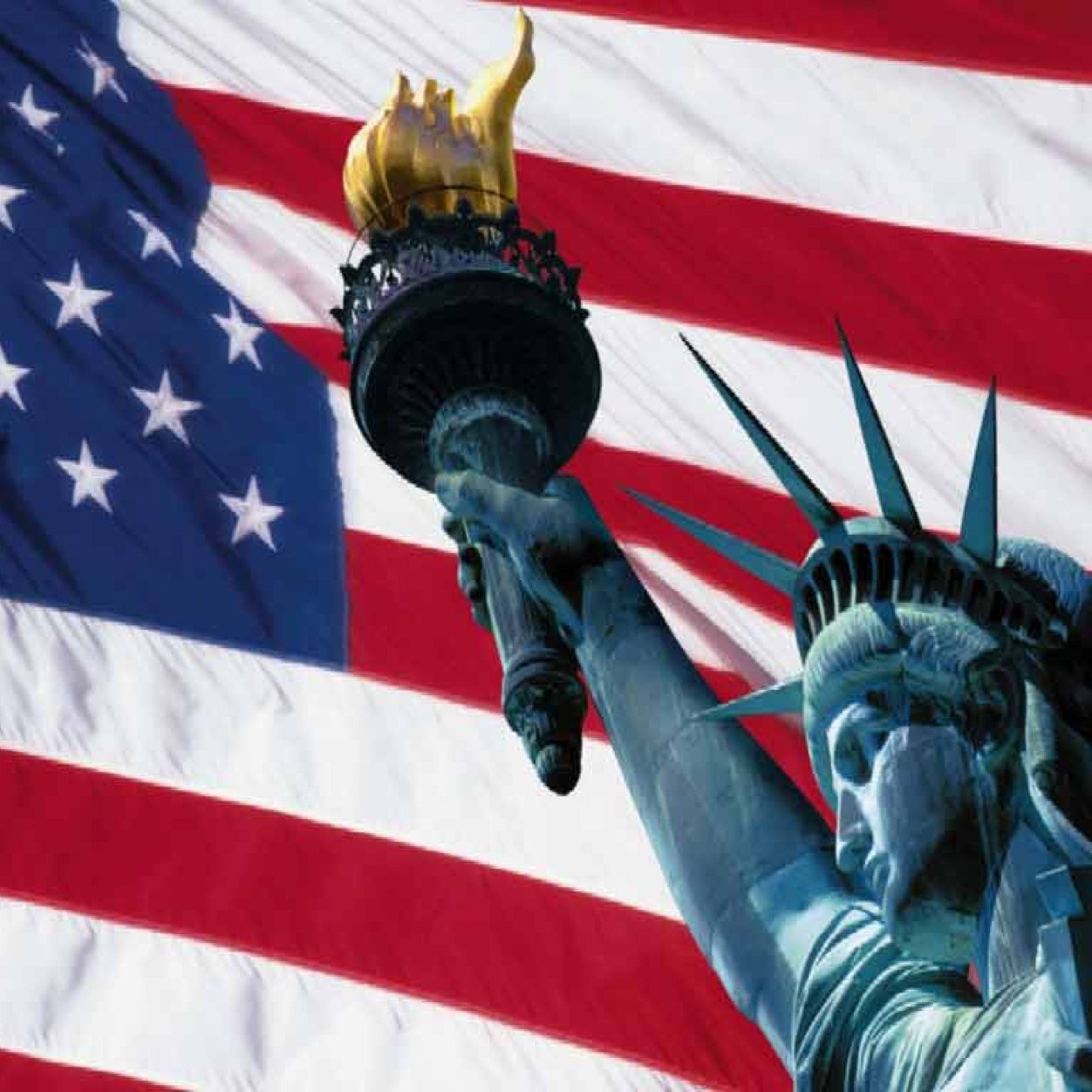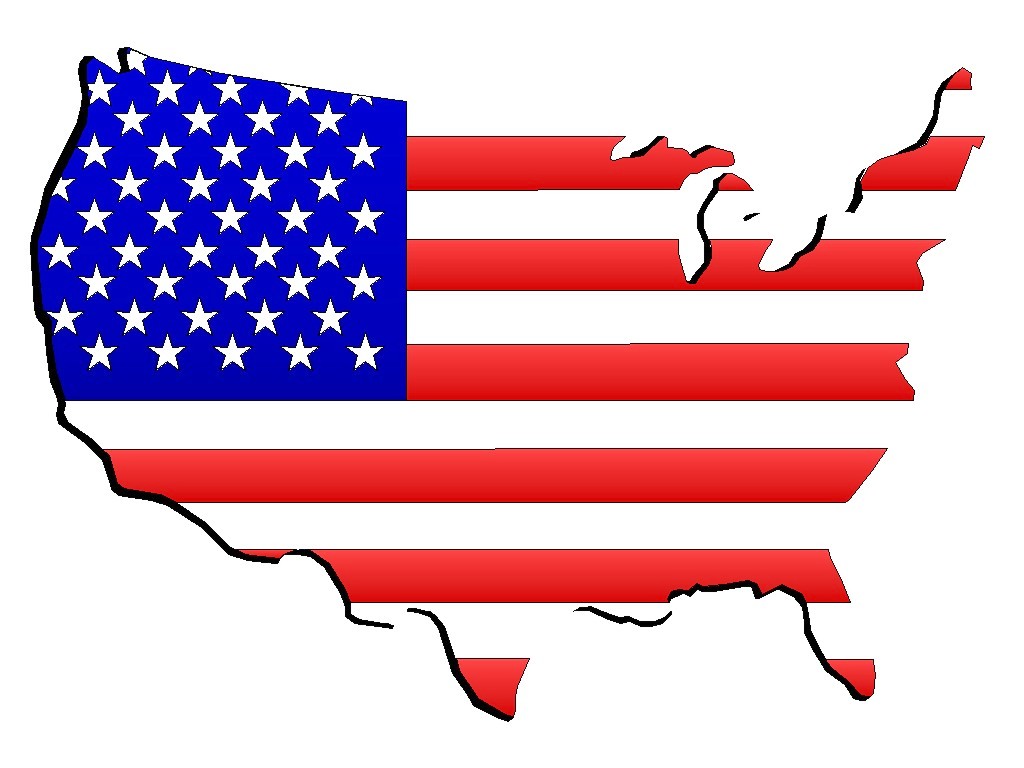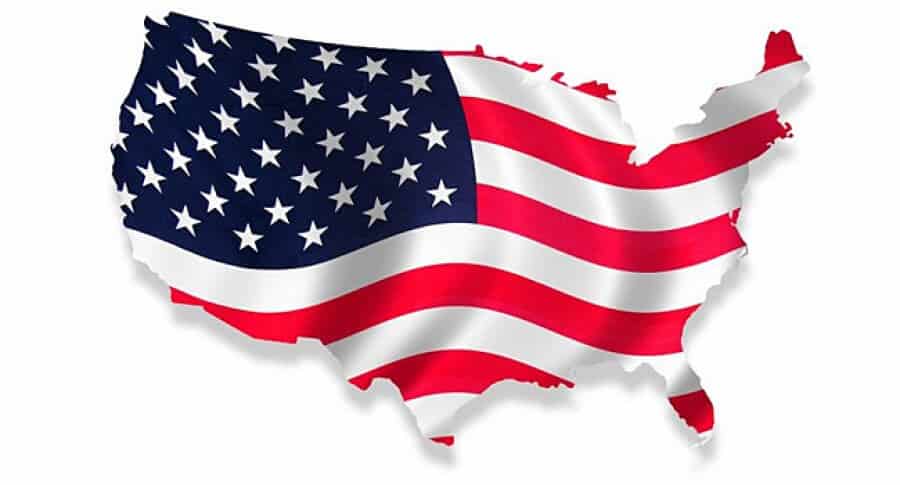The United States of America, a nation born out of the ashes of colonial rule and nurtured by the principles of freedom and democracy, has a rich and complex history that spans centuries. From the early days of colonization to the revolutionary wars and the drafting of the Constitution, the journey of the United States is a testament to the power of human resilience and the pursuit of liberty. In this article, we will delve into the fascinating story of America's formative years, exploring the key events and milestones that shaped the nation into what it is today.
Colonization: The Early Years
The colonization of the United States began in the early 17th century, when European powers such as Britain, Spain, and France established settlements along the eastern coast of North America. The British colonies, in particular, played a significant role in shaping the future of the nation. The Pilgrims, who arrived in Plymouth in 1620, and the Puritans, who settled in Massachusetts in 1629, laid the foundation for the development of a distinct American culture and identity. As the colonies grew and prospered, tensions began to rise between the colonists and the British government, setting the stage for the revolutionary wars that would soon follow.
Revolution: The Fight for Independence
The American Revolution, which lasted from 1775 to 1783, was a pivotal moment in the nation's history. The colonists, tired of British taxation and tyranny, rose up against their oppressors, fighting for their right to self-governance and freedom. The Declaration of Independence, signed in 1776, marked a significant milestone in the revolution, as it formally declared the 13 colonies to be independent and free from British rule. The war itself was long and brutal, with key battles such as Lexington and Concord, Bunker Hill, and Yorktown shaping the course of the conflict. Ultimately, the colonies emerged victorious, with the Treaty of Paris in 1783 recognizing American independence.
Constitution: The Birth of a Nation
In the aftermath of the revolution, the newly independent colonies faced the daunting task of creating a functioning government. The Articles of Confederation, adopted in 1781, proved inadequate, and it became clear that a more robust framework was needed. The Constitutional Convention, held in Philadelphia in 1787, brought together some of the nation's most influential thinkers, including George Washington, James Madison, and Benjamin Franklin. The result was the United States Constitution, a document that has endured for over two centuries, providing the foundation for the country's system of government, laws, and institutions. The Constitution's emphasis on federalism, individual rights, and the separation of powers has made it a model for democracies around the world.
The story of the United States' colonization, revolution, and constitution is a complex and fascinating one, marked by moments of triumph and tragedy. From the early days of settlement to the drafting of the Constitution, the nation's formative years were shaped by the interactions of diverse groups and individuals, each contributing to the rich tapestry of American history. As we reflect on this journey, we are reminded of the enduring power of freedom, democracy, and the human spirit, and the importance of preserving the principles that have made the United States a beacon of hope and opportunity for generations.
Keyword: United States, Colonization, Revolution, Constitution, America, History, Democracy, Freedom
Note: This article is written in a way that is friendly to search engines, with relevant keywords, meta titles, and headings. However, please note that the article is written in a general format and may need to be adjusted according to specific SEO requirements.









